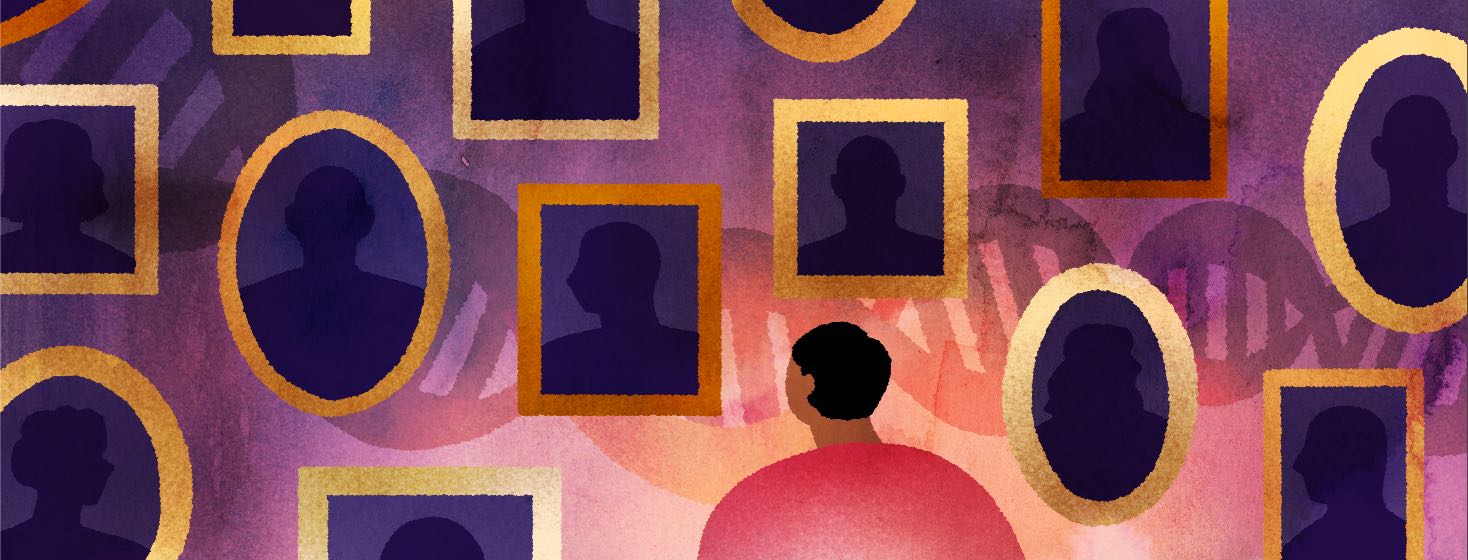Cancer: A Hereditary Hangover
A cancer diagnosis in the family, I've come to learn, has long-term effects for more than just the patient. In the beginning, when I first received the news that my mother had cancer, all of my worries were for her. How is she going to get through this?
The statistics don't look good for her grade of bladder cancer. The treatment plan is very intensive and life-changing. Will the treatments be successful? What if they're not successful? These and many other (understandable) worries were my primary concerns in those early days of my mother's cancer journey.
Becoming informed over time
But as time went by, the treatment plan had the desired effects, and my initial worries for my mom's health gradually became less.
What also happened over time is that we, as a family, began to understand more about cancer. But as we became more informed, a dark cloud started to plague my thoughts. This was something I tried to ignore. Something I tried to put to the back of my mind.
But no matter how hard I tried, this pervasive thought is one that I will be confronted with forever. It is something I like to call "The hereditary hangover."
Learning of the hereditary natures of some cancers
Sometimes the more we know about something can be comforting. If we start to understand what scares us, sometimes the fear can start to disappear.
My experience with cancer in my family has taught me something different. The more I know, the more I worry about my future health.
How does bladder cancer in the family affect us?
Now, I'm not one to be overly dramatic or worry excessively. In fact, in the past, people have worried about my lack of fear and my bad decision-making. But that's the point.
What I used to know and think is now different. Something has happened that has changed my entire way of being. A sickness I don't have is making me worry about my own health. But is this necessary?
The nature of the beast
I think for many caregivers, family members, and people supporting or advocating for cancer patients, their extensive knowledge of these diseases can have both positive and negative points.
Being cognizant of the symptoms, especially for relatively unknown cancers such as bladder cancer, can aid in diagnosis. Which, in turn, can have many positive effects. Generally, the earlier the diagnosis, the better the prognosis.
But now, whenever I have a general check-up with a new physician who asks about my family's health, I must now include cancer as a factor for consideration. Even though I have never been diagnosed with cancer, it is now a part of my medical history. Something I need to think about, worry about and be vigilant about looking for the symptoms. This worry is something I never had before my mother was diagnosed.
A positive outlook on an evil disease
But is this worry something I will carry forward with me for my entire life? I feel that it is more than likely. But is that a bad thing? I'm realizing that, no, this isn't necessarily a bad thing.
The fact that I am more aware of symptoms, and because I understand the hereditary nature of some cancers, I am more vigilant or aware than before.
Cancer is now a part of my life, forever, without even personally, physically experiencing it. Cancer is now a part of my life and my shared medical history, but it is no longer the big scary unknown it used to be.

Join the conversation